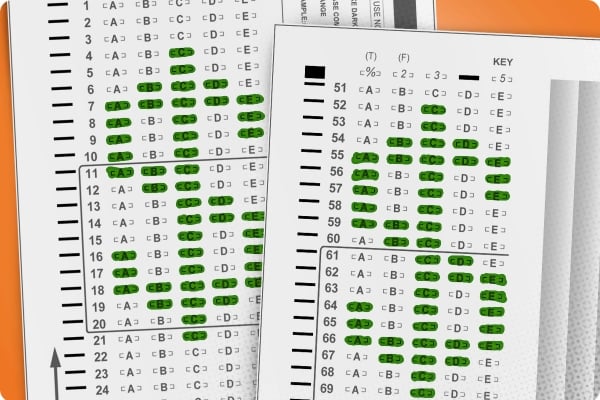The American College Testing (ACT) organization has long been a staple in the realm of college admissions. As the leading competitor to the SAT, the ACT has been a go-to standardized test for high school students looking to showcase their academic abilities to potential colleges and universities. However, recent developments have raised eyebrows and sparked controversy surrounding the ACT’s decision to pivot towards a for-profit model.
Traditionally, the ACT was a non-profit organization, with a mission to provide fair and reliable test scores for students across the country. However, in recent years, the organization has begun to shift towards a for-profit model, with a move to privatize certain aspects of its operations and increase its focus on revenue generation.
One of the main driving factors behind this pivot is likely financial in nature. With the rise of online and digital testing options, the ACT has faced increased competition from new players in the standardized testing industry. In order to remain competitive and continue to grow, the organization may have felt the need to adopt more business-oriented practices, such as a for-profit structure.
Another factor in the ACT’s for-profit pivot may be the desire to diversify revenue streams and expand its offerings. By shifting towards a for-profit model, the organization may be able to explore new avenues for growth, such as offering test preparation services, educational consulting, and other related products and services.
However, this shift towards a for-profit model has raised concerns among some critics, who worry that the organization may become more focused on profit margins and less on its mission of providing fair and reliable testing services. There are also concerns about potential conflicts of interest that may arise when a non-profit organization transitions to a for-profit model, as priorities and decision-making processes may shift to prioritize financial gain over educational integrity.
Overall, the ACT’s pivot towards a for-profit model raises important questions about the future of standardized testing and the role of nonprofit organizations in the education sector. While the organization may be seeking to adapt to changing market dynamics and explore new opportunities for growth, it is important for stakeholders to closely monitor these developments and ensure that the integrity and reliability of the ACT’s testing services remain at the forefront of its mission.



